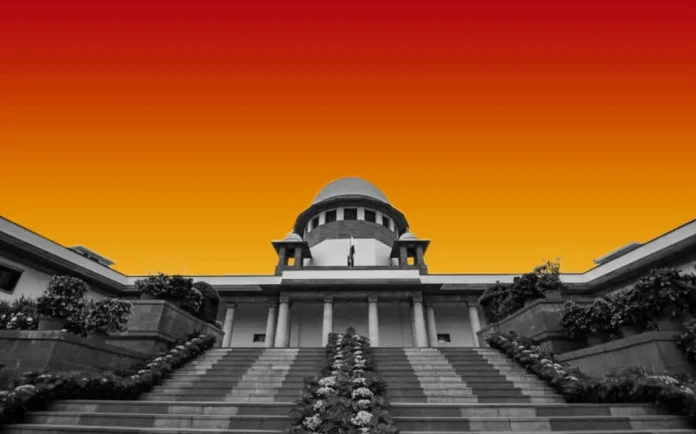At the Nyaya Nirmaan 2025 conclave, Supreme Court judge Justice Manmohan criticized the attitude of tax authorities towards entrepreneurs and businesses, stating that Income Tax and GST officers often treat wealth creators as though they are thieves. He remarked that this mindset is flawed and damaging to the country’s economic climate, as those contributing to India’s growth should not be presumed guilty simply because they generate wealth.
The event, organized by the General Counsels’ Association of India under the theme “Reimagining India’s Legal Foundations for Viksit Bharat @ 2047,” provided a platform for Justice Manmohan to highlight the need for deeper structural reforms in law and governance. He said that while initiatives such as faceless tax assessments and the use of AI in compliance processes are welcome, they address only part of the problem. The larger issue, he explained, lies in the outdated and overly complex framework of laws that continue to govern India.
Referring to the Income Tax Act, Justice Manmohan pointed out that certain provisions stretch across multiple pages, making them nearly impossible for ordinary citizens to comprehend. The overlap and contradictions between statutes and circulars, he said, create confusion and hinder clarity. He also stressed that many laws were drafted for an earlier age and have failed to keep pace with digital commerce, global disputes over patents, climate concerns, and the rights of data owners. As a result, courts are frequently forced to fill legislative gaps.
On dispute resolution, Justice Manmohan underlined the importance of mediation, especially in cases involving family conflicts or large partition suits that drag on for years in the courts. He observed that mistrust within government departments often prevents officials from settling disputes, as they fear later scrutiny or investigations. This, he argued, limits the potential of mediation in reducing unnecessary litigation.
Comparing practices abroad, he said that in countries like the United States, tax matters are often resolved informally or over the phone, without cumbersome processes or show-cause notices. India, he suggested, should move toward more accessible and efficient systems, where routine disputes are addressed swiftly and remotely.
Justice Manmohan concluded that India’s vision for 2047 must go beyond legal compliance to focus on true justice, fairness, and transparency. He stressed that piecemeal reform is not enough, and what the country needs is nothing short of a complete transformation in its legal and regulatory approach.
Justice Pankaj Mithal, also present at the event, echoed similar concerns. He criticized the practice of passing laws in Parliament without adequate discussion, emphasizing that every word, clause, and even punctuation mark in legislation must be scrutinized to avoid flawed statutes


